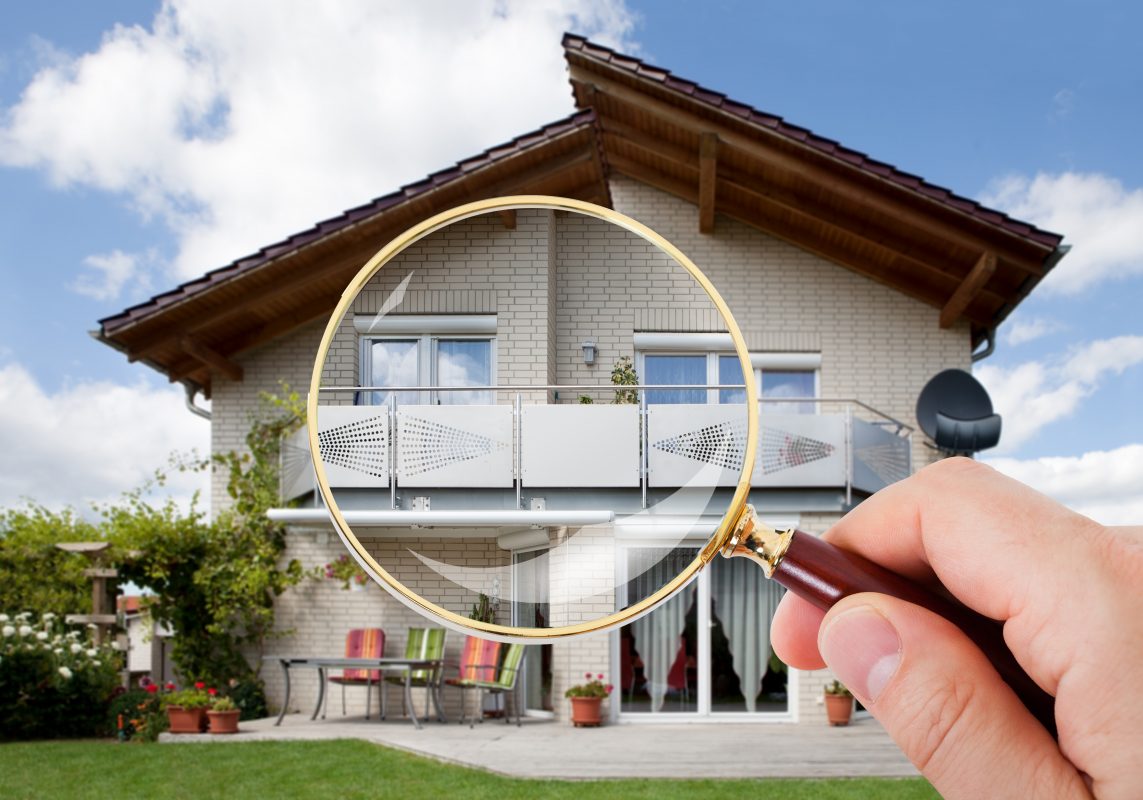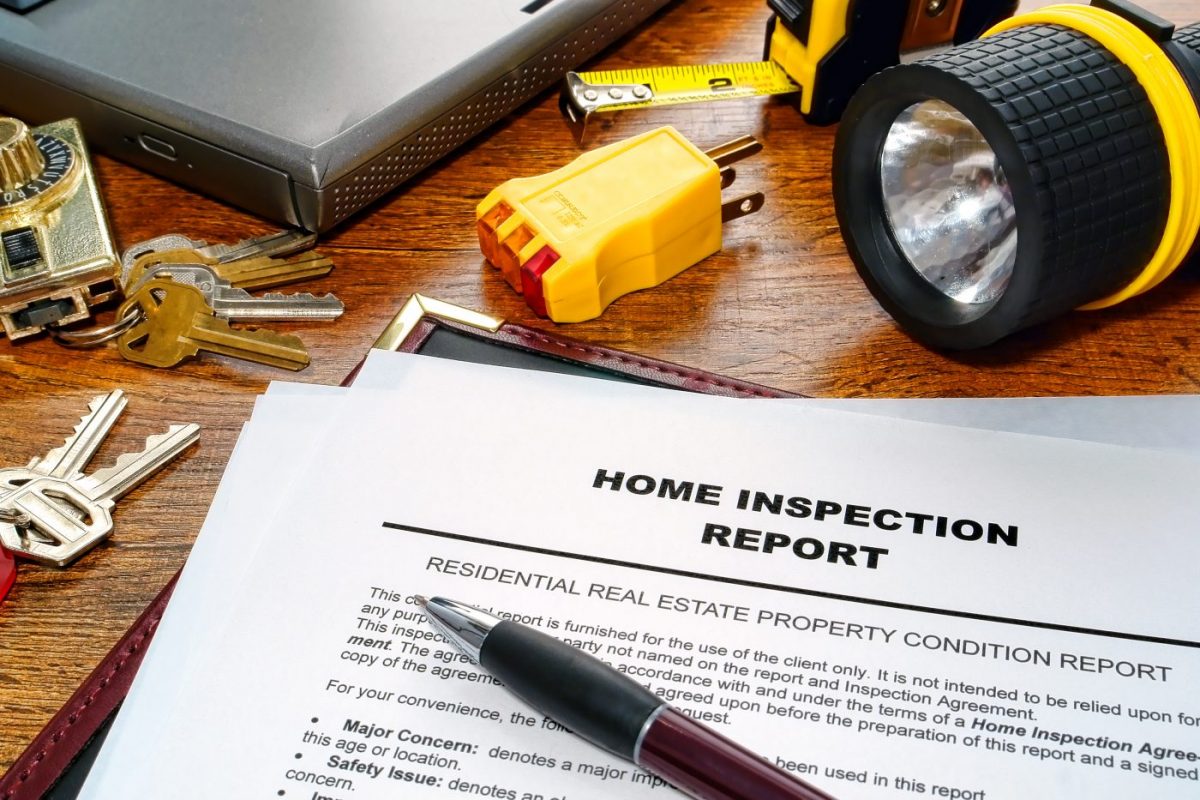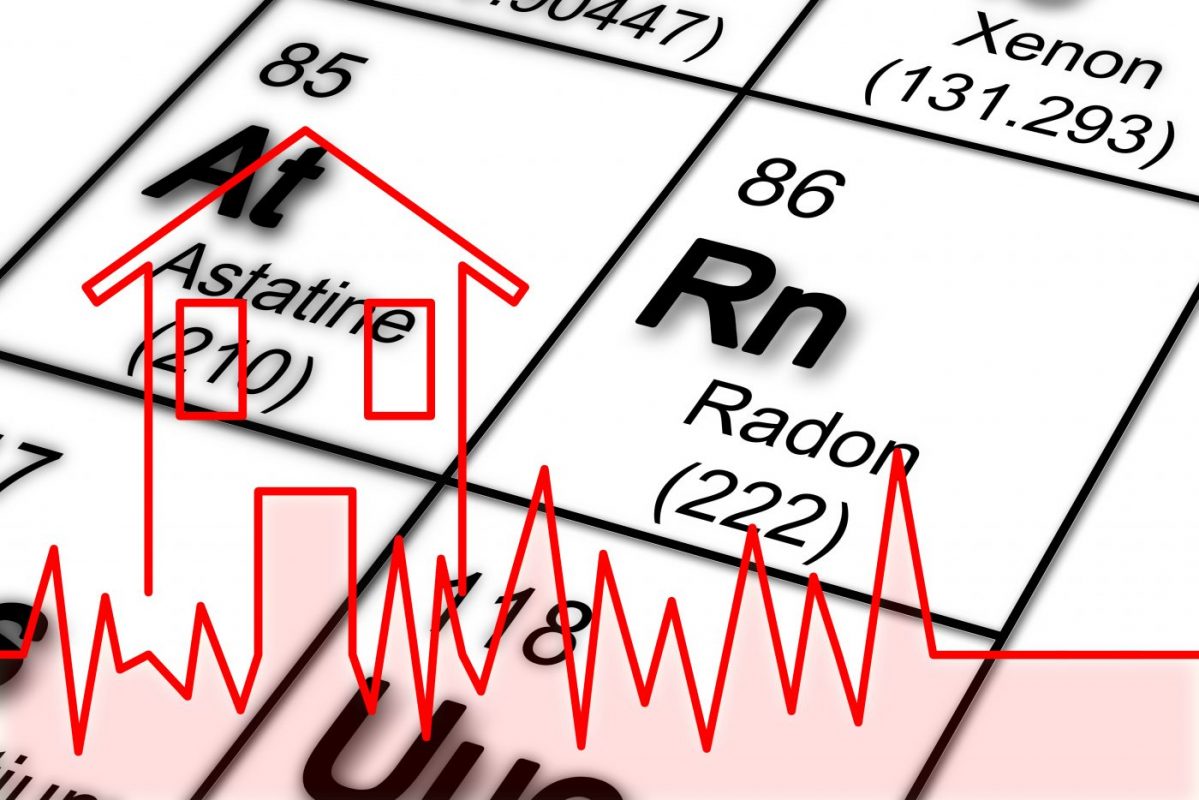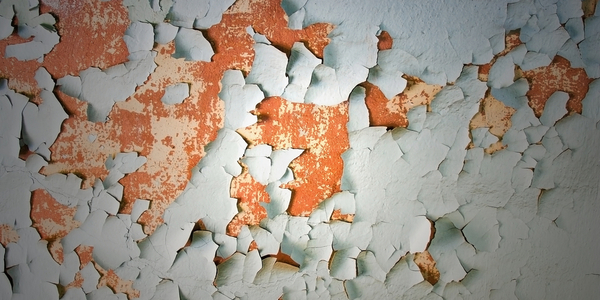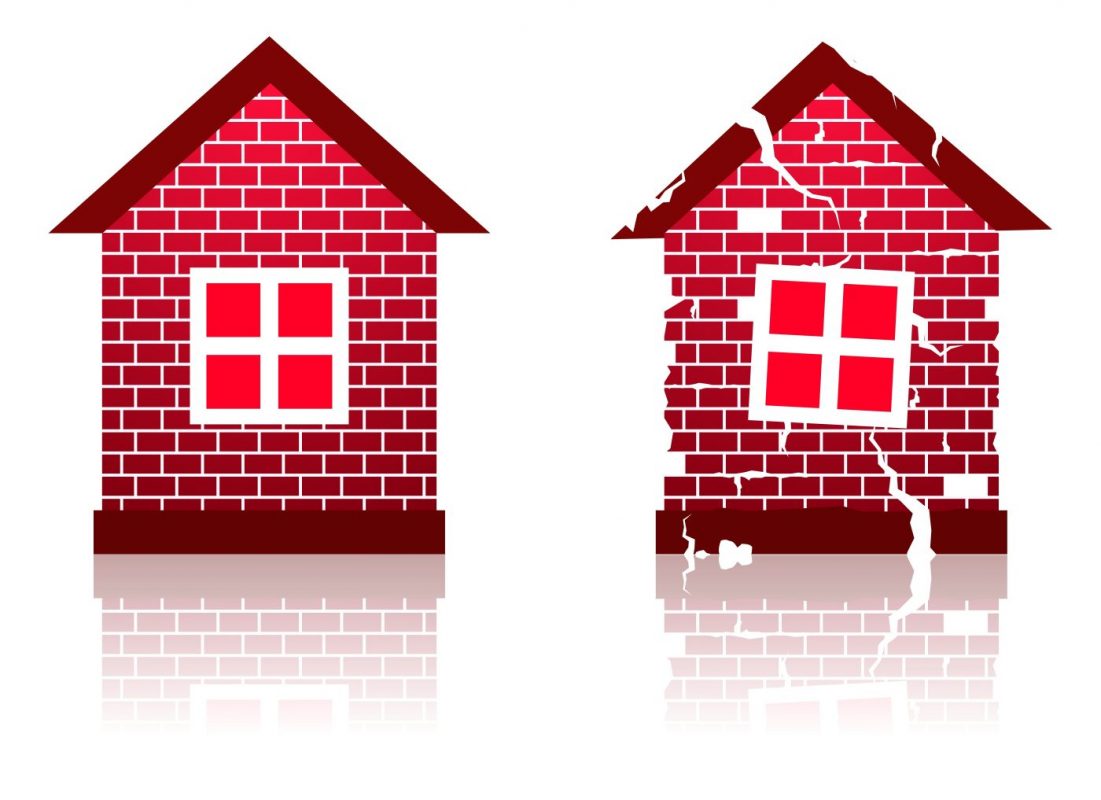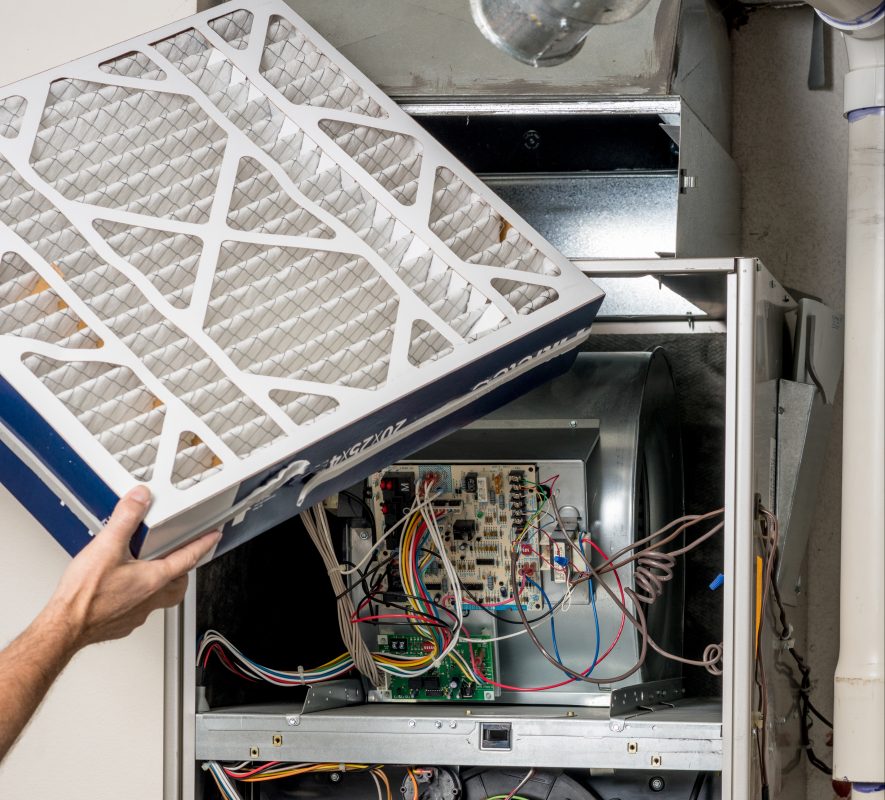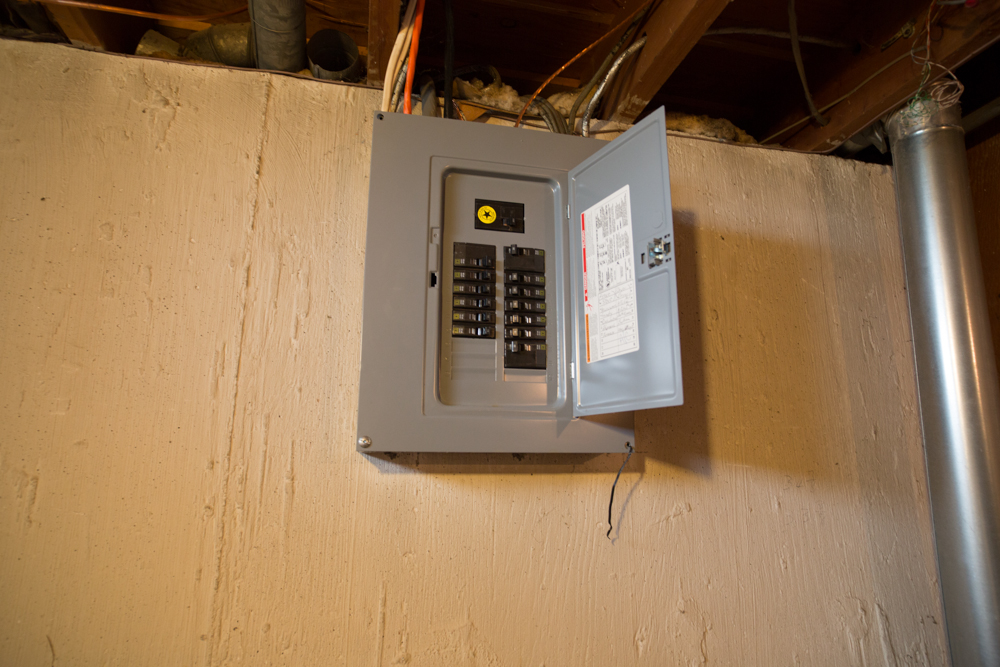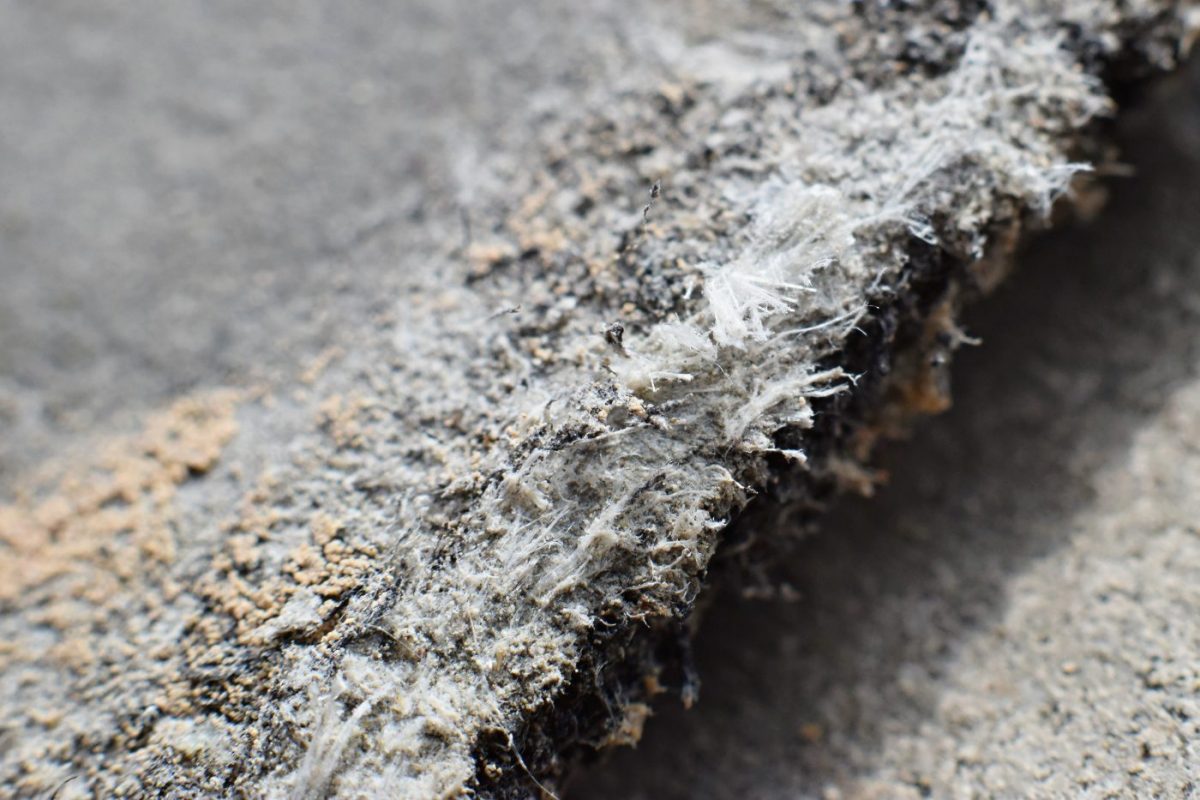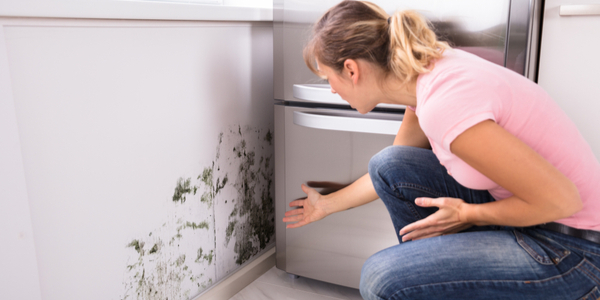Nearly 100 percent of our home buyer clients choose to hire a licensed home inspector to perform a general home inspection when purchasing a home. Many clients also choose to have additional inspections performed as well. Per the Ann Arbor Board of Realtor’s sales agreement, the buyer is allowed to perform any additional inspections they deem appropriate. We will cover the general inspection along with other specialized inspections buyers can have done to help inform their decision.
The home inspection ‘contingency’ or ‘due diligence’ period is generally 7 to 10 days though it can be more or less. This time provides the buyer an opportunity to fully understand the condition of the home, uncover latent defects and damage, and determine if the condition of the home is appropriate for the buyer’s needs.
If the buyer is not satisfied with the inspection they may choose to not remove the inspection contingency and ask to cancel the agreement. As long as this is done within the requirements of the contract, the buyer will receive their earnest money deposit back.
If you have any questions about pricing, contractors, or inspections themselves, reach out to us. We’d love to go into more detail with you!
The General Home Inspection
The general home or building inspection is a thorough visual assessment of a home or building conducted by a certified professionally trained inspector. The purpose is to reveal issues that might arise for the buyer in the short or long term that could have a significant impact on the health and safety of the occupants or create a financial obligation for the buyers.
Highly qualified inspectors are very systematic in their approach. They will work through every inch of the building – left to right, top to bottom. They will go in the attic(s), go on the roof, and go in crawl spaces. They evaluate the condition of every system and component of the property (see an example inspection report here).
The inspector will grade the condition, document defects with notes and photos as well as explain operational procedures to the buyers. I like inspectors that take lots of photos and provide lots of notes so the buyer is prepared if they need to ask the seller for repairs or credits.
An inspection takes approximately 2-4 hours to complete depending on the size of the home and any out-buildings that need to be inspected as well. Once complete, the inspector should submit the final report to the buyer within 24 hours.
Generally, an inspection report will contain a report and summary which will include:
- Major defects
- Minor defects or maintenance
- Safety concerns
- Areas that need further expert investigation
- Homeowner guide for future reference
The prospective buyers should plan on attending the inspection as this is their chance to get a good lradon guide – epaook at all the systems of the home. The home inspector will explain how everything operates, and discuss maintenance and repairs that will likely need performing. Buyers on a tight schedule or out of town at the time of inspection can depend on a trusted, experienced agent to represent them at the inspection. I will often get on a Skype or Facetime call with out of town buyers for an “executive summary” with the inspector.
What Happens With Defects Uncovered During The Home Inspection?
Buyers and their agents will review the inspection report and may decide to ask the seller to perform repairs or offer either a reduced price or a cash credit at closing. How these items are negotiated is different for every home. In a strong seller’s market, there may be less room for negotiation. Even if the buyer chooses to take the home as-is, they will know the condition of what they are buying and how everything operates.
Radon Inspection
The EPA recommends that all houses be tested for radon. Radon is a cancer-causing radioactive gas. Levels above 4 pCi/L are considered unsafe. You cannot see, taste or smell radon but it still may be a problem in your home. It is not just a problem for older homes and just because your neighbors do not have a radon problem does not mean your home won’t. When you breathe in air containing radon, you increase your risk of lung cancer. In fact, the Surgeon General of the United States has warned that radon is the second leading cause of lung cancer behind smoking.
The most common procedure for radon testing during real estate transactions is for the potential buyer to request the radon test as part of the overall home inspection. The radon test is generally a separate service and must be requested.
What if Radon is Found?
If the radon test is 4 pCi/L or greater, the EPA recommends the installation of a radon mitigation system installed with the stated goal of bringing the radon level in the home below 4 pCi/L.
Typically, the system used to lower the radon level is an Active (fan-driven) Soil Depressurization System. These systems are guaranteed by the installation company to reduce the level below 4 pCi/l and often below 2 pCi/l, which approaches the level of outside air. This type of system works by creating a vacuum in the soil under the building, drawing away out of the builiding.
For more information, the EPA guide Home Buyer’s and Seller’s Guide to Radon provides information on radon and its health effects, the protocols for testing for radon during a real estate transaction, and guidance as to how to proceed after receiving your radon test results.
High radon levels can be cured with the installation of a radon mitigation system and should not be a deterrent to buying a home.
Lead-Based Paint Inspection
A lead-based paint inspection is a surface-by-surface investigation to determine whether there is lead-based paint in a home and where it is located. Inspections can only legally be performed by certified inspectors or risk assessors. Check out the HUD website if you would like to read up on the guidelines for the evaluation and control of lead-based paint hazards.
According to Mayo Clinic, lead poisoning occurs when lead builds up in the body over a period of time. Even a small amount of lead exposure can cause serious health problems. Children younger than 6-years old are especially vulnerable to lead poisoning which can severely affect mental and physical development. At very high levels it can even be fatal.
The federal government banned the use of lead-based paint in 1978, however, homes built before that date may still contain lead. The CDC claims that children and pregnant women are especially vulnerable to the risks associated with lead-based paint exposure, so if you buy an older home, especially ones with worn or chipped paint, it may be in your best interest to order the lead-based paint inspection.
Lead-based paint inspections are particularly helpful in cases where prospective buyers plan on renovating the home after purchase. Prolonged exposure to lead-based paint during the renovation process can be particularly harmful.
What Can I Do If Lead-Based Paint Is Discovered In The Home?
Buyers interested in avoiding lead-based paint generally choose to buy a home built after 1978. Often times buyers simply choose to live with lead-based paint and, as long as they are mindful of the hazards of lead-based paint, they can manage it safely. A common solution to manage lead-based paint is to encapsulate any lead-based paint usually by painting or covering over it. In the future, if you ever sand or renovate areas with lead-based paint you would have to be wary of exposure at that time.
Sellers are required to disclose known information on lead-based paint hazards before the sale or lease of most housing built prior to 1978. For more information, The Department of Housing and Urban Development has published information on the Lead Disclosure Rule and what to do if you have not received a lead disclosure on a property.
Foundation or Structural Inspection
In a general inspection, the inspector may note foundation issues and recommend further evaluation by a basement contractor or a structural engineer. Common issues include cracked or bowing walls, deteriorating block walls, water seepage or leaks or other evidence of water entering the basement/crawl space, settling, cracked or compromised beams or supports, improper construction among others. Foundation repairs are generally expensive and the buyer needs to fully assess any safety and financial considerations that may exist.
If you want an impartial evaluation of foundation or structural issues, you should consider hiring a licensed structural engineer since they have no interest in securing the repair contract if needed. On the downside, it may be expensive and time-consuming to get this work done. If you choose a basement repair company to perform the inspection, be aware that they have an interest in securing work and there is potential for bias.
What Do We Do If The Foundation Needs Repair?
A trusted, qualified contractor will provide repair quotes quickly for sales negotiation purposes. If they are local and experienced they have inspected and repaired foundations in other nearby homes and will have a solid reputation in the community and will have a solid track record for doing professional, timely work for their clients.
Chimney Inspection:
If your home has an older masonry fireplace and chimney system, you will likely want to order a thorough chimney inspection to be done by a licensed professional. Chimneys should be inspected to ensure they are structurally sound and drafting properly, meaning that combusted air is drawn up and out during usage.
Older chimneys and fireboxes will also be inspected for excessive buildups in creosote, which in high quantities can combust, setting your home on fire. Your inspector will go up on the roof and document any deterioration and the condition of the chimney cap, flue, and liner. They will use video cameras and other specialty tools to inspect the interior of the chimney.
What Do We Do If The Chimney Needs Cleaning/Repairs?
If the chimney has a build-up of creosote, you will want to hire a fireplace and chimney cleaning professional to clean it for you. For more information on the local chimney, repair/cleaning companies visit the Piper Partners Guide to Chimney Cleaning.
If the chimney needs structural repairs a chimney repair company will give you an estimate and complete the work to seal liners, make sure the chimney vents properly, and repair brick and mortar damage that is threatening the structural integrity of the chimney.
HVAC Inspection
HVAC stands for heating, ventilation, and air conditioning. During the general inspection, the operation of the furnace will be checked, however, if the inspector notices unusual operation or if the system is very old, they may recommend that a licensed HVAC contractor evaluate the system.
During your HVAC inspection, a professional will completely evaluate the operation of the furnace and the A/C components. They will inspect the heat exchanges and check for carbon monoxide and gas leaks. AC units can only be operated in warmer weather, so it may not be possible to fully evaluate an AC in the winter months.
What If Components Of The HVAC System Need Repairing/Replaced?
After you purchase a home, it is generally good to have an HVAC tune-up done in the spring and fall each year.
If a certified Heating and Cooling Specialist indicates that a component of your HVAC system needs to be repaired or replaced you can negotiate repairs or credits for the repairs with the seller.
Electrical Inspection
Electrical failures are still one of the leading causes of home fires in the U.S. That is why the importance of fully functional electrical wiring cannot be understated. If you are buying a home that is more than 40 years old, has had major renovations, or has recently added new major appliances, an additional inspection by a licensed electrician may be a good idea. Take your guidance from the general inspector – they will be knowledgable about the electrical system and may advise you to have a further evaluation done.
Typical issues that are found are ungrounded outlets, obsolete wiring, lack of GFCI’s (ground fault interrupt circuits), double taps (more than one wire attached to a breaker) improper electrical loads, deteriorated panels and supply lines and more.
As with the other inspections mentioned on this list, repairs can be negotiated with the sellers.
Asbestos Inspection
Asbestos is the name given to six minerals that occur naturally in the environment as bundles of fibers that used to be separated into thin, durable threads for use in building materials and insulation. Prior to 1980, scientists had not discovered the harmful effects asbestos has on the human body, and so it was used often in homes and commercial and industrial projects due to its resistance to heat, fire, chemicals, and the fact that it does not conduct electricity.
When asbestos is disturbed, tiny fibers are released into the air. When they are breathed in they may get trapped in the lungs and remain there. Over time these fibers will accumulate and cause scarring and inflammation, which can affect breathing and lead to other serious health problems such as asbestosis, non-malignant lung, and pleural disorders, and, in some cases, mesothelioma, a rare form of cancer, can be contracted as well.
For a comprehensive guide to understanding asbestos and its effects visit: https://www.asbestos.com/exposure/home/
Can A Home Be Rid Of Asbestos Altogether?
If your home has asbestos, which many older homes do, your options are to encapsulate it and not disturb it, have it abated, or avoid purchasing the home altogether. We commonly see asbestos in older homes in insulation near furnaces and hot water pipes and in some building materials such as basement floor tiles.
The State of Michigan has an Asbestos Program through the Construction Safety and Health Division of the Michigan Department of Licensing Affairs, Michigan Occupational Safety and Health Administration. This program mandates that anyone other than exempt licensed trade groups (mechanical contractors, residential builders, etc..) must be licensed through the state Asbestos Program before they may consider themselves an asbestos abatement contractor.
You should only hire licensed Asbestos Abatement Professionals to remove asbestos-laden materials from your home, and you should not attempt to remove asbestos yourself. A home can go through a thorough asbestos abatement process, but, as with lead-based paint, this process can involve some serious renovations to existing structural materials such as floors, pipes, and walls. If these types of renovations are not in your budget, and you cannot negotiate the costs with your seller, an older home that still has asbestos-laden materials may not be your best option.
Mold Inspections
According to Protech’s Mold Inspection, Evaluation, Removal, and Remediation Guide, a mold-free building is an impossible goal. Airborne mold spores are everywhere. It is an ugly 4-letter word in real estate, and the existence of visible mold is a problem, however, you will never be able to rid your home completely of airborne mold spores. They are naturally occurring, everywhere at all times.
Visible Mold is typically found near water as it is a result of a humidity/moisture problem. It is often found in bathrooms, along basement walls and floors, sometimes behind furniture, near windows, and in attics.
Mold can cause allergic reactions as well as upper respiratory issues that can lead to serious health problems if gone untreated. A mold inspection will use a visual assessment, surface sampling, and air sampling to determine if harmful types of mold spores exist in your home.
Mold remediation involves sealing off the affected area, killing off the existing mold, cleaning it up without contaminating the rest of the home, and ensuring that the source of the mold is taken care of so that regrowth does not occur.
Conclusion
Count on your agent and your general home inspector to get you through the inspection process. They are experienced and can lay out all of the options to help you make the best choices for your family. They will help you negotiate repairs and credits and be aware of repairs that you may need to take on yourself after purchase. They will also give you good recommendations for specialty inspection contractors.
If you have any questions about any part of the home inspection process please feel free to reach out to us.

